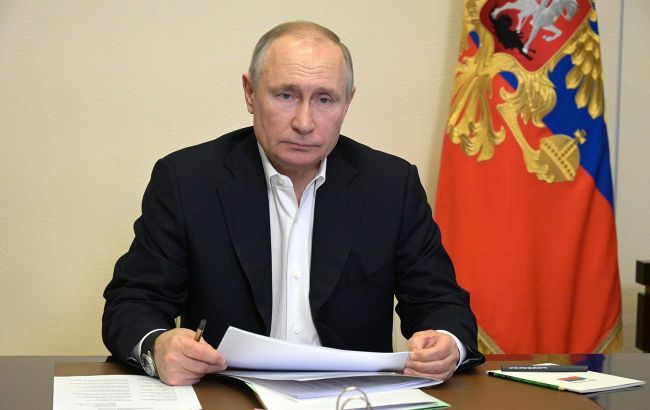Russia lifts INF missile ban: What it means for Ukraine’s security
 Russian President Vladimir Putin (photo: Getty Images)
Russian President Vladimir Putin (photo: Getty Images)
Moscow is abandoning the moratorium on the deployment of intermediate- and short-range missiles (INF). However, this statement is merely formal, as Russia has already deployed such missiles in Crimea, according to a Telegram post by Andrii Kovalenko, head of the Center for Countering Disinformation at Ukraine’s National Security and Defense Council (NSDC).
What preceded this
Russia announced that it would no longer adhere to the moratorium on the deployment of land-based intermediate- and short-range missiles.
According to the Russian Foreign Ministry, the country no longer considers itself bound by the moratorium because Russian initiatives were not reciprocated.
“The US and its allies have not only openly outlined plans to deploy American land-based INF (intermediate- and short-range missiles) in various regions, but have also made significant progress in practically implementing those plans,” the Russians complain.
In addition, Russia’s Foreign Ministry stated that any decision regarding missile deployment will be made based on an interagency analysis of the scale of the deployment of American and other Western land-based INF systems, as well as the overall development of the situation in the field of international security and strategic stability.
What Kovalenko says
According to Kovalenko, the Russian statement is just a formality, since such missiles have been on standby since 2019. This happened after US President Donald Trump withdrew from the INF Treaty due to Russian violations.
“The Iskander missiles were already deployed in Crimea back then. Now they present this as a response to Western escalation and aid to Ukraine, but the meaning is purely propaganda,” Kovalenko writes.
In his opinion, this decision by the Russians will not change the balance of power, except that Moscow might continue to intimidate with the Oreshnik [missile system] in Belarus.
What is known about the Oreshnik
Russia first used the Oreshnik missile on November 21, 2024, during a strike on Dnipro. At that time, Russian President Vladimir Putin effectively confirmed the combat testing of this new type of weapon.
Since then, Russian politicians and propaganda media have systematically used this missile as a tool of intimidation, threatening to use it again.
The Oreshnik is a medium-range ballistic missile of the ground-to-ground class, presumably a modernized version of the RS-26 Rubezh missile. It is believed to be capable of carrying both nuclear and conventional warheads.
Little is known about its technical specifications. According to Putin, the missile can allegedly strike targets at speeds up to Mach 10, with a maximum range of up to 5,500 kilometers.

